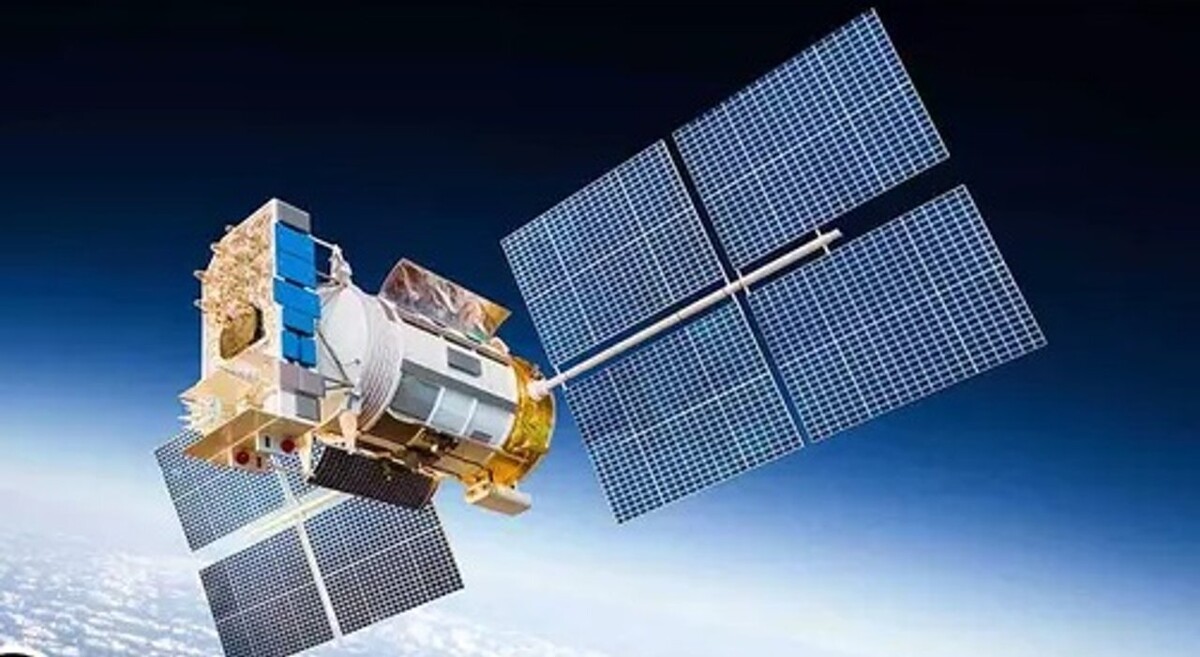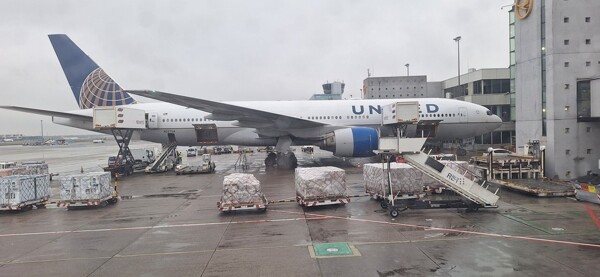
Elon Musk and his company SpaceX have landed in Argentina with Starlink, their project to offer broadband internet worldwide through a constellation of satellites. At the same time, Jeff Bezos and his company Amazon are preparing to compete against SpaceX with Project Kuiper. Both companies are waging a satellite war in orbit.
SpaceX recently launched the first 27 satellites from Cape Canaveral aboard a United Launch Alliance (ULA) Atlas V rocket. These join the more than 7,000 Starlink devices. The goal is to provide broadband internet across the globe through a total constellation of 3,232 satellites that will also complement SpaceX's digital services, such as shopping and cloud storage.
Amazon's Project Kuiper satellites will operate at an altitude of 630 kilometers, which will reduce latency and increase connection speed compared to traditional satellites. These will carry data from the internet to the satellite and then to an antenna installed in the user's home or business, at affordable prices.
Amazon already conducted tests with two prototype satellites last year before the recent launch. These satellites are part of the final network and are coated with a layer that reflects less sunlight to avoid interfering with astronomical observations from Earth.
To maintain authorization from the U.S. Federal Communications Commission, Amazon must have at least half of the constellation of satellites in orbit by July 2026. The company already has more than 80 launches planned and has signed contracts with providers such as ULA, Blue Origin, Arianespace, and SpaceX.
In addition to SpaceX and Amazon, other players in the satellite race include OneWeb, China's GuoWang, and the U.S. military. Amazon Web Services supports the massive infrastructure of Project Kuiper, providing strong financial backing.
One of the biggest concerns in this space race is space debris and its impact on observing the night sky. It is expected that the celestial vault will be filled with lights from the new satellite constellations. The purpose of Project Kuiper and Starlink is to provide secure global broadband coverage through satellites in orbit.














